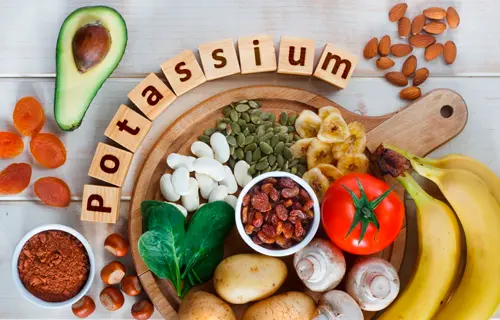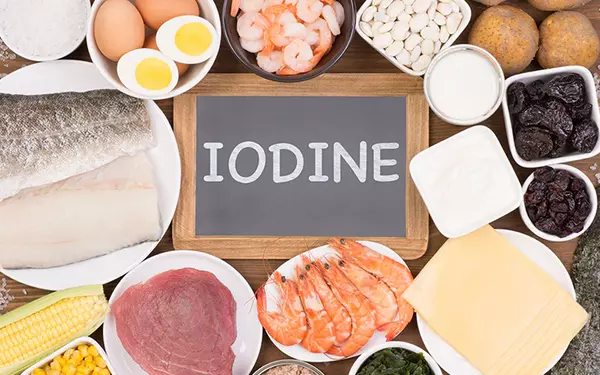KCNT1 potassium sodium-activated channel

If you tested your DNA with a personal genomics service like 23andMe, AncestryDNA, FamilyTreeDNA, MyHeritage or another testing company, you can learn more about your risk factors for hundreds of diseases. By clicking the button above ⬆️, you can upload your raw DNA data file and receive a personalized 250-page health report with research links that is the most comprehensive.
A vast group of genes responsible for the production of potassium channels includes the KCNT1 gene. These channels facilitate movement of positively charged ions (potassium) to and from cells, thereby contributing significantly towards a cell's electrical signal generation and transmission capacity.
The function of a potassium channel is determined by its protein composition and location within the body. KCNT1-based channels are functional in brain nerve cells, facilitating the extrusion of potassium ions from these cells. This ion stream plays an integral role in producing currents that prompt neuron excitation and signal transmission throughout the brain.
Several protein components (subunits) make up potassium channels. The hole (pore), through which potassium ions move, is formed by four alpha subunits in each channel. Channels can be comprised of four alpha subunits from the KCNT1 gene and may also function when interacting with alpha subunits produced from the KCNT2 gene.
Studies indicate that the activation of channels composed of KCNT1 protein can be enhanced by PKC molecules. Although these channels are capable of producing electrical currents in the absence of PKC, their potency increases significantly with its presence.
Follow the link of the selected polymorphism to read a brief description of how the selected polymorphism affects Potassium and see a list of existing studies.
SNP polymorphisms related to the topic Potassium:
| rs3453 | Potassium channel regulatory subunit gene associated with risk of hearing loss. |
| rs2234916 | Potassium channel gene polymorphisms and increased risk of heart disease. |
| rs1805127 | Polymorphism of the gene encoding the human minimal potassium ion channel (minK). |
| rs3842 | |
| rs727957 | |
| rs1128503 | |
| rs1892593 | |
| rs1922240 | |
| rs2030114 | |
| rs2032583 | |
| rs2032588 | |
| rs2211698 | |
| rs2235033 | |
| rs2247810 | |
| rs2834485 | |
| rs3213619 | |
| rs3747802 | |
| rs3789243 | |
| rs4148737 | |
| rs4148740 | |
| rs7218917 | |
| rs7787082 | |
| rs9282564 | |
| rs9894841 | |
| rs10276036 | |
| rs10808071 | |
| rs10854373 | |
| rs10930597 | |
| rs11088283 | |
| rs11887188 | |
| rs12079419 | |
| rs12720067 | |
| rs13050198 | |
| rs16890334 | |
| rs55852620 | |
| rs62070884 | |
About The Author
Li DaliLi Dali, a National Foundation for Outstanding Youth Fund recipient, is a researcher at the School of Life Sciences in East China Normal University. He earned his PhD in genetics from Hunan Normal University in 2007 and conducted collaborative research at Texas A&M University during his doctoral studies. Li Dali and his team have optimized and innovated gene editing technology, leading to the establishment of a world-class system for constructing gene editing disease models.


